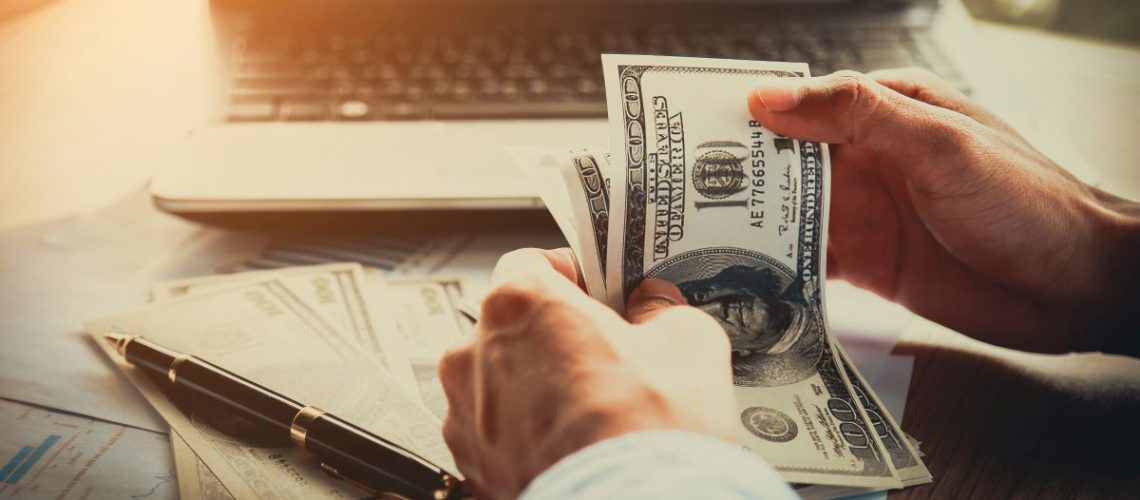The expression “It’s never too late” is great advice for many things. Whether you want to go back to college and get a degree at thirty, quit your corporate job, and start your own business after 15 years, there really isn’t anything stopping you. Nothing apart from money, that is. Because let’s face it, many of the things we want to do would require some spending. So to prepare yourself for it, it’s best to start becoming financially able early.
Be On Top of Your Finances
Of course, the first step to improving your financial situation is wholly aware of where you are currently. Know how much savings you have, your banking details, how much bills for utilities, groceries, the mortgage you’re paying, how much your taxes are, how much you can expect from a pension- all these things are important as they can help you decide your next action.
It’s best to keep close track of your financial history, and you can do so by going over last month’s bill and using that as a starting point for today. Once you’ve managed to start, it’s easy to keep track of your own finances, and it’s a good habit to start.
Track Your Expenses
One way to keep yourself in the loop regarding your finances is to use an expense tracking application that will either automatically or manually log all your expenses. This can tell you whether you’re overspending for something or whether you still have a budget clearance to work with. Having an expense tracker cuts your work in half, as you only need to input any spendings you make throughout the day (or as you make them), and it collects the information and creates a datasheet for you to look over later.
Start Saving Now
Of course, saving money is something that we must all do- it’s simply the smart financial thing to do. Thus, regardless of your current financial situation, the best time to save money is now. It doesn’t have to be large or substantial. As a matter of fact, you can save money even in the smallest amounts. What matters is that you’re making a habit of setting aside money and not letting yourself fall into the habit of spending too much. Even if you save single-digit amounts, as long as you’re consistent and dedicated enough, it can grow into something considerable.
Set a Financial Goal

In line with saving money, it’s best to set a financial goal to have something more concrete to work towards. Having a target to work towards helps with creating benchmarks for yourself, telling you whether you’re close to completion or not. This prevents droning on and helps you focus your efforts on a result. Your financial goal can be something specific such as ‘save $20,000’ or even something more long-term like ‘pay off college loan.’ Of course, for more long-term goals, it’s best to segment them into short-term goals to make everything more achievable.
Spend for Yourself
With all the talk about saving money and managing your own finances, it’s important to keep in mind that you’re not forcing yourself to live a life tied on a leash. It’s simply making wiser and better financial decisions than before. You will still be buying the things that you enjoy. After all, they bring you happiness.
The difference is that you will be spending less on the things that don’t do anything for you. So don’t worry, go ahead and buy those sneakers you wanted, or get your car stereos upgraded. As long as you’re spending within your means and have made sure to set aside money for your savings, spending for yourself once in a while isn’t bad.
Create an Emergency Fund
In life, we’re not too sure what can potentially happen next. We never know if we’re going to be victims of an emergency. And if we are, preparedness comes in handy. That’s why having an emergency fund is highly beneficial, not just for peace of mind but for actually having something to use in such a situation. A good starting point for an emergency fund is to have at least 3 months’ worth of your living expenses. More would be better, but this is a good starting point for everyone.
Part of your journey to learning more about personal finance is to eventually be able to make financial decisions that will yield results in the future. Investments are exactly that. They’re a major financial decision, but they can positively affect your finances in the future when done right. Learning more about it is a must for anyone looking to improve their finances.

